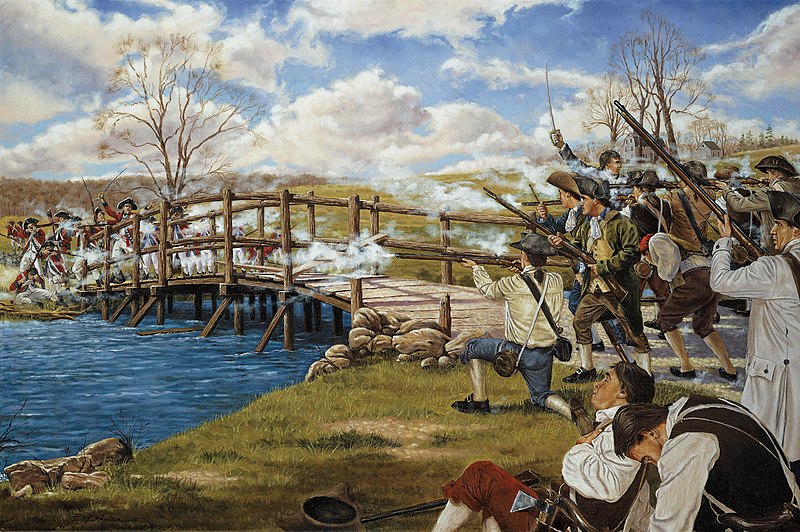Note: If you wish to receive, via e-mail, (1) my weekly newsletter or (2) daily copies of these posts, write to me at rrbates1951@gmail.com. Comments may also be sent to this address. I promise not to share your e-mail with anyone. To unsubscribe, write here as well.
Monday
Last week Donald Trump tweeted out a picture of himself wearing a crown and proclaiming, “LONG LIVE THE KING!” following his attempt to end Manhattan’s experiment with congestion pricing. While Trump apologists contended that he was just trolling liberals, the declaration is in line with many similar ones, such as that he will be a dictator “on day one,” that “he who saves his Country does not violate any Law,” and (to the governor of Maine) that “We are the federal law.” He might just as well have said, like absolute monarch Louis XIV, “L’état, c’est moi.” [“The state, it is I.”]
“Look at what they do, not what they say,” MSNBC’s Rachel Maddow constantly reminds us, and Trump’s actions since beginning his second term are consistent with one who would like to be king or dictator or a law unto himself. (Especially frightening are his plans for the FBI and the military.) But the king statement has particularly caught people’s attention because, as New Yorker writer Bill McKibben recently observed, Trump is attempting to overturn “the most basic meme in American history.”
Given that the president has us thinking back to George III, it’s time to break out some of our American Revolution-themed poems. Ralph Waldo Emerson’s “Concord Hymn” is a good place to start.
The poem was written in 1837 to dedicate an obelisk erected to commemorate the 1775 Battle of Lexington and Concord. Having heard about stored arms, British troops were on their way to find and destroy them. Thanks to Paul Revere and Samuel Prescott—that’s another poem I may find myself revisiting in the upcoming months—the colonists were warned of their coming. Throughout the day, more and more militiamen showed up to harass the British, with the turning point occurring at Concord’s North Bridge, where outnumbered British regulars fell back under intense fire.
Emerson’s poem serves the same purpose as the monument: to make sure that the spirit of those brave men may never be forgotten. After all, memories are short and people pass away. Or as Emerson puts it,
On this green bank, by this soft stream,
We set to-day a votive stone;
That memory may their deed redeem,
When, like our sires, our sons are gone.
It is easy to forget the price that people paid for the freedoms we take for granted. Quoting James Mariott of the London times, Heather Cox Richardson has noted that such forgetting—combined with our relatively comfortable lives—is one reason why we’re in our current mess:
[Mariott] noted that the very stability and comfort of the post–World War II liberal order has permitted the seeds of its own destruction to flourish. A society with firm scientific and political guardrails that protect health and freedom, can sustain “an underbelly of madmen and extremists—medical sceptics, conspiracy types and anti-democratic fantasists.”
Mariott continues,
Our society has been peaceful and healthy for so long that for many people serious disaster has become inconceivable. Americans who parade around in amateur militia groups and brandish Nazi symbols do so partly because they are unable to conceive of what life would actually be like in a fascist state.”
He observes that those who are cheering the rise of autocracy in the United States—who are intrigued with having Trump as king or dictator– “have no serious understanding of what it means to live under an autocratic government.”
Someone on Bluesky (I can’t find the reference) noted that something similar happened in Germany’s recent elections, where the extreme right made disturbing gains: bored rich people looking for something to spice up their lives get together in bars and on the internet to bond over hate. They forget that Hitler brought down unthinkable suffering upon the German people, not to mention the rest of the world.
When I was in elementary school, we memorized Emerson’s poem. We should continue having our kids memorize it:
The Concord Hymn
By Ralph Waldo EmersonBy the rude bridge that arched the flood,
Their flag to April’s breeze unfurled,
Here once the embattled farmers stood,
And fired the shot heard round the world.
The foe long since in silence slept;
Alike the conqueror silent sleeps;
And Time the ruined bridge has swept
Down the dark stream which seaward creeps.
On this green bank, by this soft stream,
We set to-day a votive stone;
That memory may their deed redeem,
When, like our sires, our sons are gone.
Spirit, that made those heroes dare
To die, and leave their children free,
Bid Time and Nature gently spare
The shaft we raise to them and thee.
As long as Americans remain in touch with that spirit, they/we will resist Trump’s attempts to restore the monarchy. But it takes courage and constant vigilance to do so.


